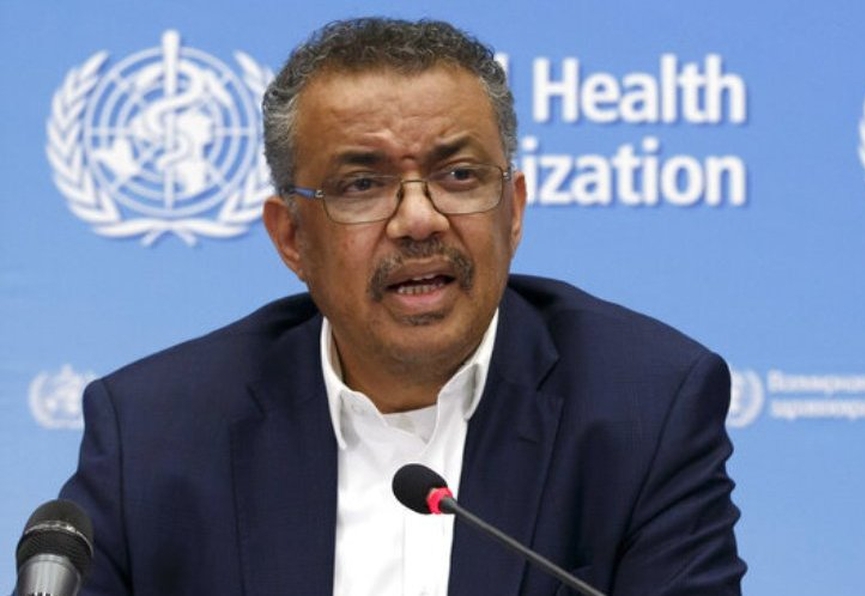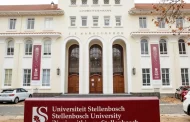But for the European Union, (EU), Ethiopia’s Dr. Tedros Adhanom Ghebreyesus would not have been renominated for another term as Director-General of the World Health Organisation, (WHO). Reuters is reporting that the DG, credited for steering the global response to the COVID-19 pandemic, is on course to serve a second five-year term as head of the WHO after being the only candidate nominated by 28 countries but excluding African countries, except three of them, according to its sources among Western diplomats.
The diplomats were said to be quoting a letter sent by the WHO to its 194 member states informing them of the confidential nominations contained in sealed envelopes submitted in late September. The agency reported the nominations were kept secret to limit early campaigning and that the election would take place at the next annual meeting of health ministers of WHO member states in May 2022.
His leadership of the global response to COVID-19, generally regarded as the worst public health crisis in a century, has earned him applauseespecially his handling of the querulous two great powers – US and China, each of which has been angry with him for one reason or the other.
The refusal of African countries to renominate him has, therefore, left observers of African agency in world politics miffed. African agency in world politics has lately been argued to be more active than thought to be. But, with this curious reversal of role, how might the vigour claimed for that agency be sustainable, especially that the refusal to renominate Dr Ghebreyesus appears to be an African consensus.
The agency reports that only three African countries – Botswana, Rwanda and Kenya – resisted the pressure of Ethiopia – Dr Ghebreyesus’ home state – against his renomination. Ethiopia whom he has served as both health and foreign affairs minister has accused the WHO Chief of supporting Tigray separatists. Although he has denied this, the Ethiopian Government remains unconvinced and has obviously made it clear to other African countries that it is no longer behind her own national whom it nominated for the job in 2017.
The task fell on or was taken up by Germany, France and other EU states to insist on the renomination of Dr Ghebreyesus. If Dr Ghebreyesus’s pedigree were the type that African activists would call pro-imperialist, the decibel would be so high today that an agent has got his rewards. But Dr Ghebreyesus is a noted pro-Africa advocate, especially on health equity. Wouldn’t this sort of shabby treatment discourage those who would want to privilege a pro-African stance in their international politics?
Can that originality still be claimed if majority of African states now suddenly turn up to queue behind Dr Ghebreyesus after their non-committal stance on his renomination? How would they not look like trying to reap from where they did not sow?
The ideal thing would have been an African consensus that one of their own who has been rated to have performed well in a global job be retained and then lobby other powers such as the EU, the US and China. In this case, there is a reversal of role. African states are, understandably, worried about separatists and Ethiopia might have been behaving understandably too. But, was there no way for Africa to have negotiated a middle course? Haba! Could this be another case of the saying that no one is a prophet in his or her own land?




























